In order to gradually create an environment to form a generation of digital citizens and digital entrepreneurs, the Provincial People's Committee has directed localities to implement digital transformation, encourage people to pay for services without cash at one-stop shops at all levels, pay tuition fees at schools,educational institutions, medical facilities and hospitals. Through online transactions via Internet Banking and Mobile Banking instead of using cash, it not only ensures safety but also reduces time and costs for people and businesses, creating transparency in the collection of fees and charges.
According to the assessment of commercial banks in the province, the trend of customers using Mobile Banking services is increasingly popular. With just a smartphone, customers can transfer money to their children studying far away every week, shop online, transfer money to other accounts. The use of digital services in payment has reduced the pressure when transacting directly with banks and improved efficiency when using banking services. In Ha Nam , by 2025, it is expected that at least 80% of administrative procedures requiring financial obligations will be implemented for online payment, in which the rate of online payment transactions will reach 30% or more. To achieve the above results, the Provincial People's Committee has directed sectors to apply digital technology in the management and business process, and commercial banks encourage customers to use digital services in payment. In communes, wards and towns, the collection of fees and charges at the one-stop department is being applied and gradually becoming routine.
Typically, in Liem Can commune (Thanh Liem), when implementing the plan to collect fees and charges without cash at the One-Stop Department, the People's Committee of the commune organized propaganda to all people in the villages, so that people know and make transactions. Liem Can commune People's Committee also coordinated with network operators and service providers to invest in upgrading infrastructure, opening bank accounts to serve people at the One-Stop Department. At the same time, the locality also increased propaganda, especially for people coming to do procedures at the commune to change their traditional payment habits, gradually sending documents online, and paying transaction fees without cash.

Mr. Ha Tat Thang, Vice Chairman of the People's Committee of Liem Can Commune, said: Many people have used mobile banking services for shopping transactions, so paying fees at the One-Stop Department of the People's Committee without cash will be very convenient. After completing the procedures, people only need to scan the QR code or transfer money. Up to now, many people have applied cashless transactions at the One-Stop Department in Liem Can Commune. Through cashless transactions, it has helped to reduce a lot of time for citizens, especially workers in industrial parks who cannot arrange time to wait, just need to submit documents online, then transfer money, and make an appointment to get the results.
In addition to the implementation at the one-stop shop in communes, the Provincial People's Committee also directed the implementation of digital transformation, promoting cashless payments in schools, educational institutions, medical facilities, hospitals and requested sectors and localities to focus on supporting digital transformation, promoting cashless payments in units; well implementing information and propaganda work, training and coaching; ensuring information safety and security, protecting consumers in digital transformation and cashless payments. Through that, sectors and units mobilize and encourage organizations and enterprises to provide digital education platforms, digital healthcare platforms; banks, payment service providers, payment intermediaries in the province have forms of incentives such as exemption, reduction of fees, promotions, discounts... for schools, educational institutions, hospitals, medical facilities and customers at these facilities when using digital platforms and cashless payment methods. Non-cash payment methods are implemented by units for at least 3 of the following 4 methods: QR square code (Transfer/Payment), via website (Transfer/Payment), Mobile Money and card (POS); ready-to-integrate payment modules in school management software, educational institutions and medical facilities.
Mr. Pham Van Tung, Acting Director of the State Bank Branch, Ha Nam Province, said: Internet Banking (E-Banking, electronic banking) is an online banking service that helps customers manage their accounts and make transactions quickly through internet-connected devices such as phones, laptops, and desktop computers. Mobile Banking is an online banking service through the bank's application on the phone, allowing customers to transact with the bank anywhere. With just a smart mobile phone and internet connection, customers can easily make transactions. With Mobile Banking service, customers can make transactions 24/7 quickly, anywhere (with internet) without having to wait as when transacting at the bank. Through Mobile Banking service, customers can query account information, account balance, look up bank transaction history, transfer money internally and between banks, and pay for services when shopping and living.
In Ha Nam, commercial banks are encouraging people to use Internet Banking and Mobile Banking services for transactions to reduce the rate of cash transactions, ensuring safety for customers and banks. On that basis, the State Bank directs commercial banks to coordinate with local authorities, businesses and units in the area to invest in upgrading technical infrastructure, deploying services, promptly serving administrative agencies, people and businesses in transactions.
Tran Huu
Source


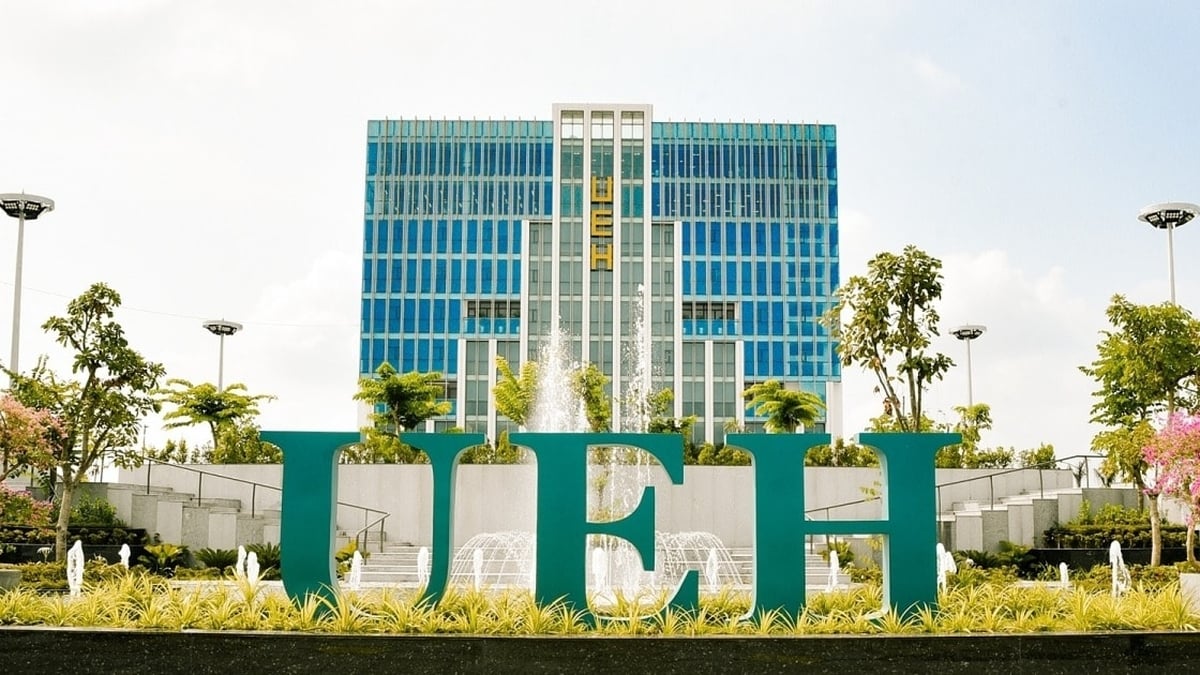



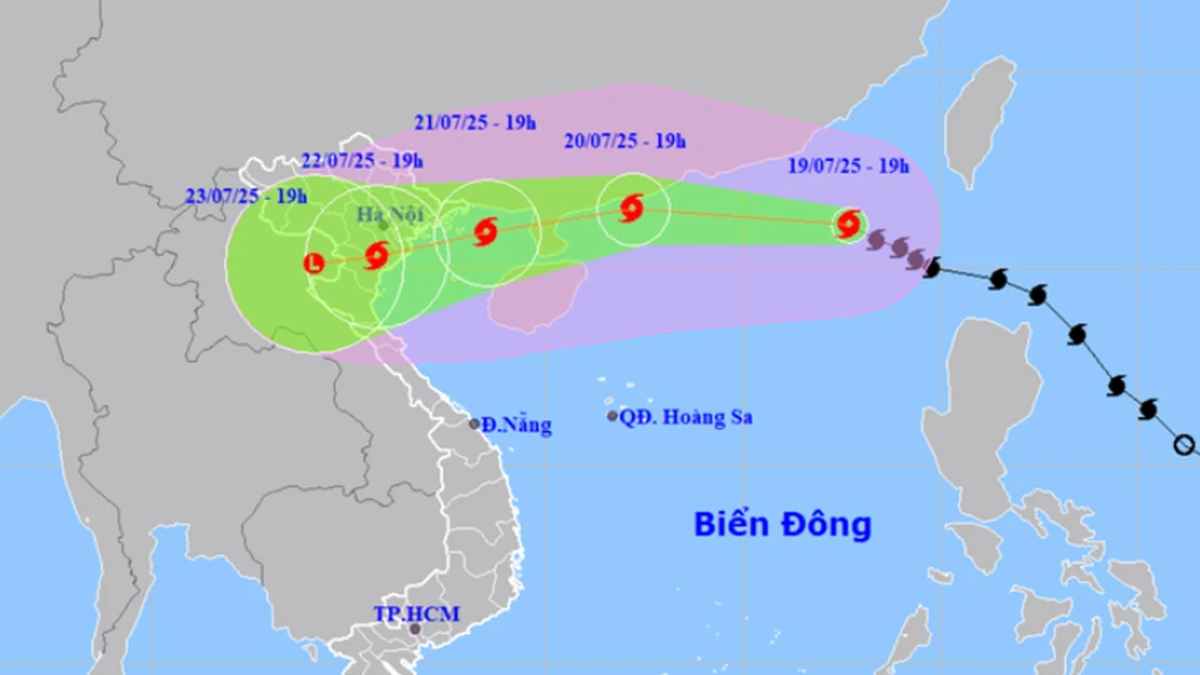
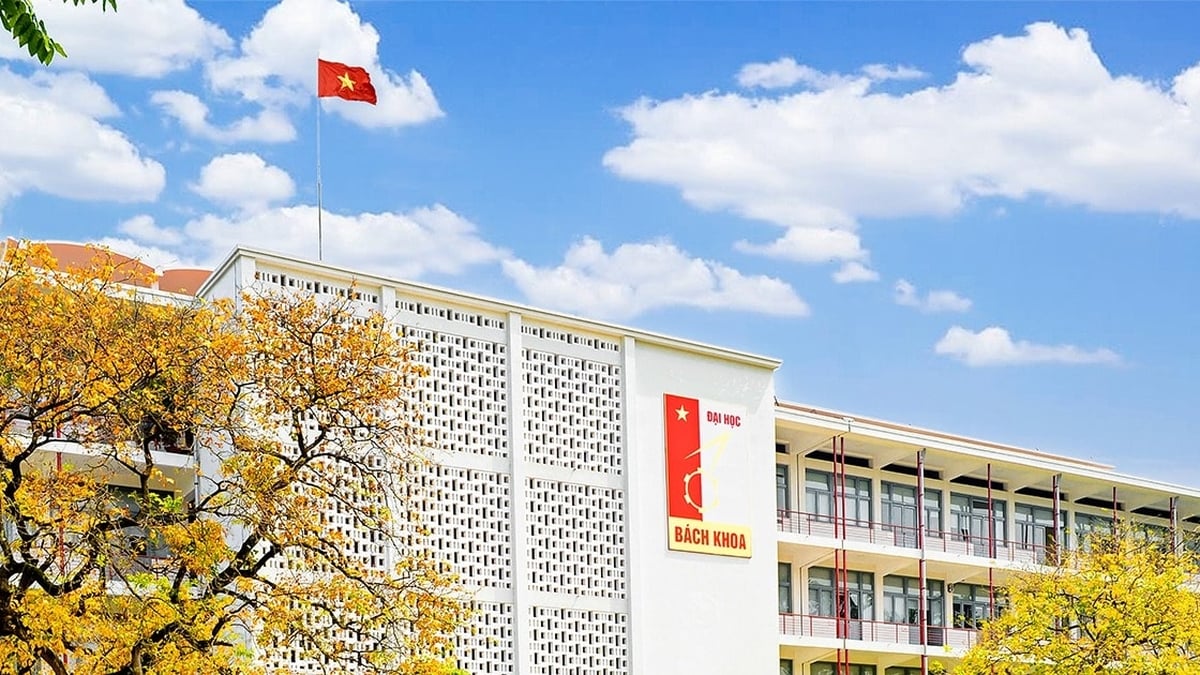
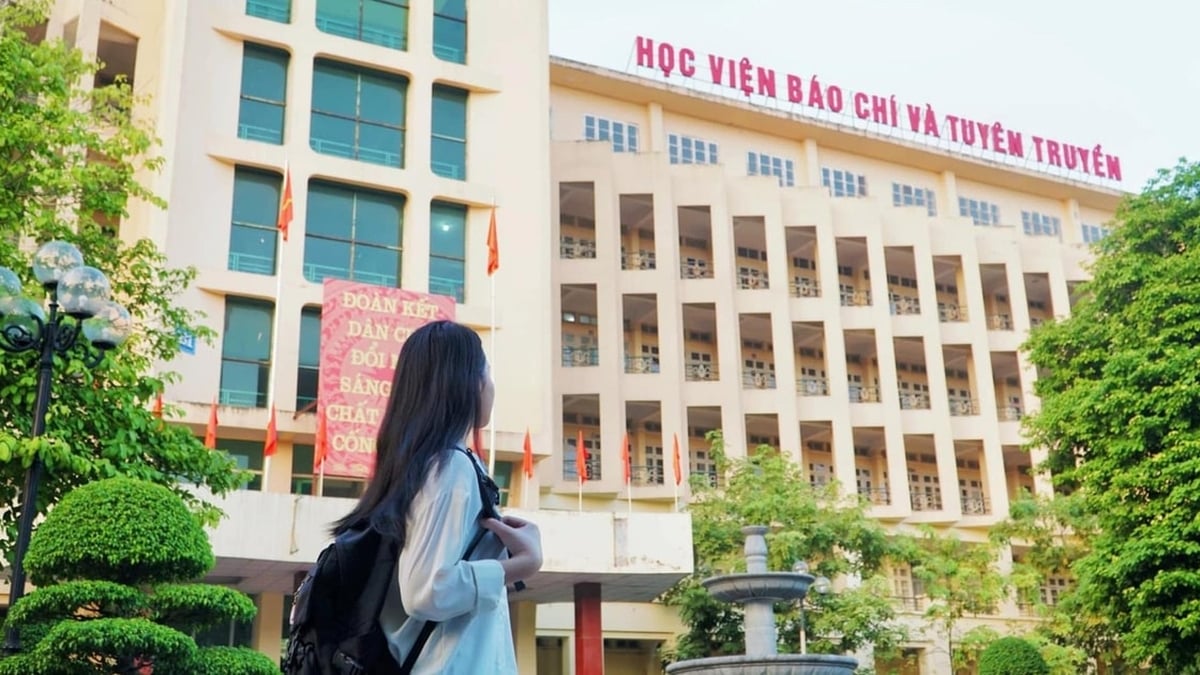

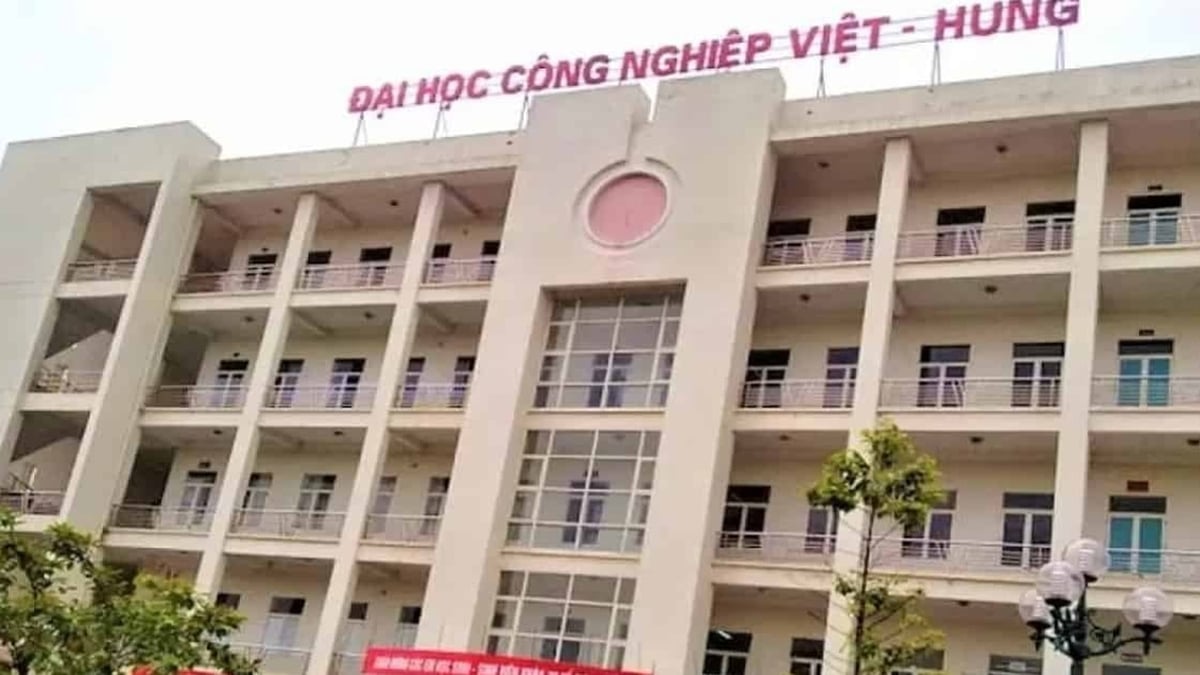
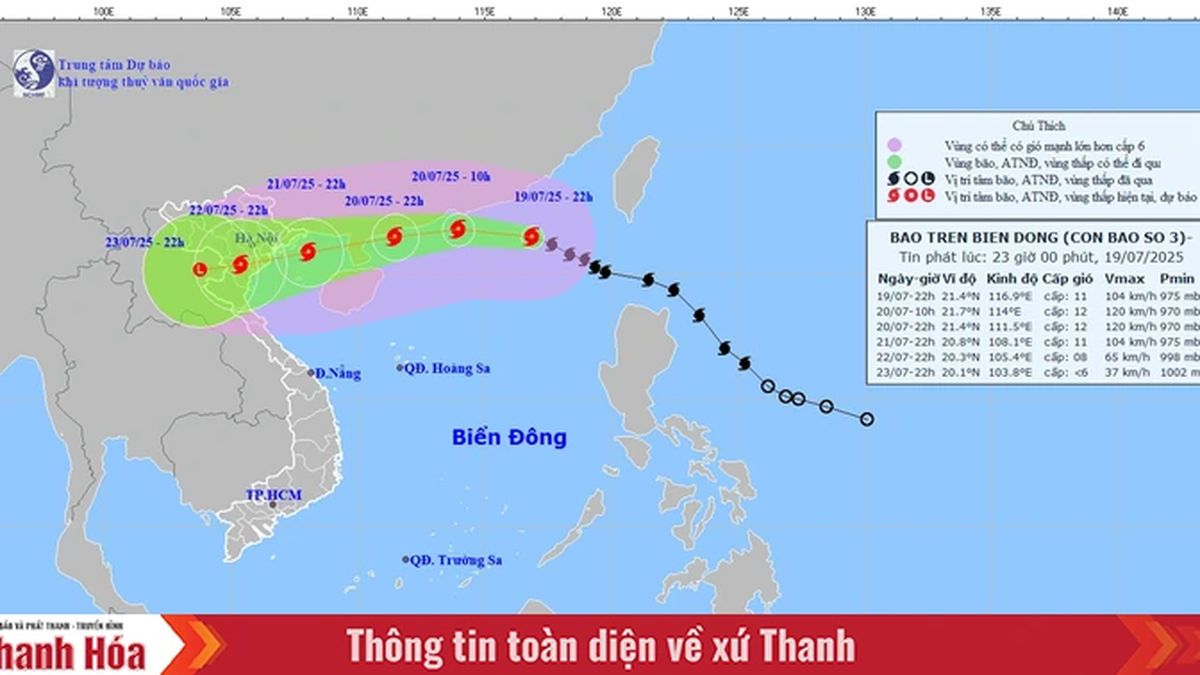





















































































Comment (0)